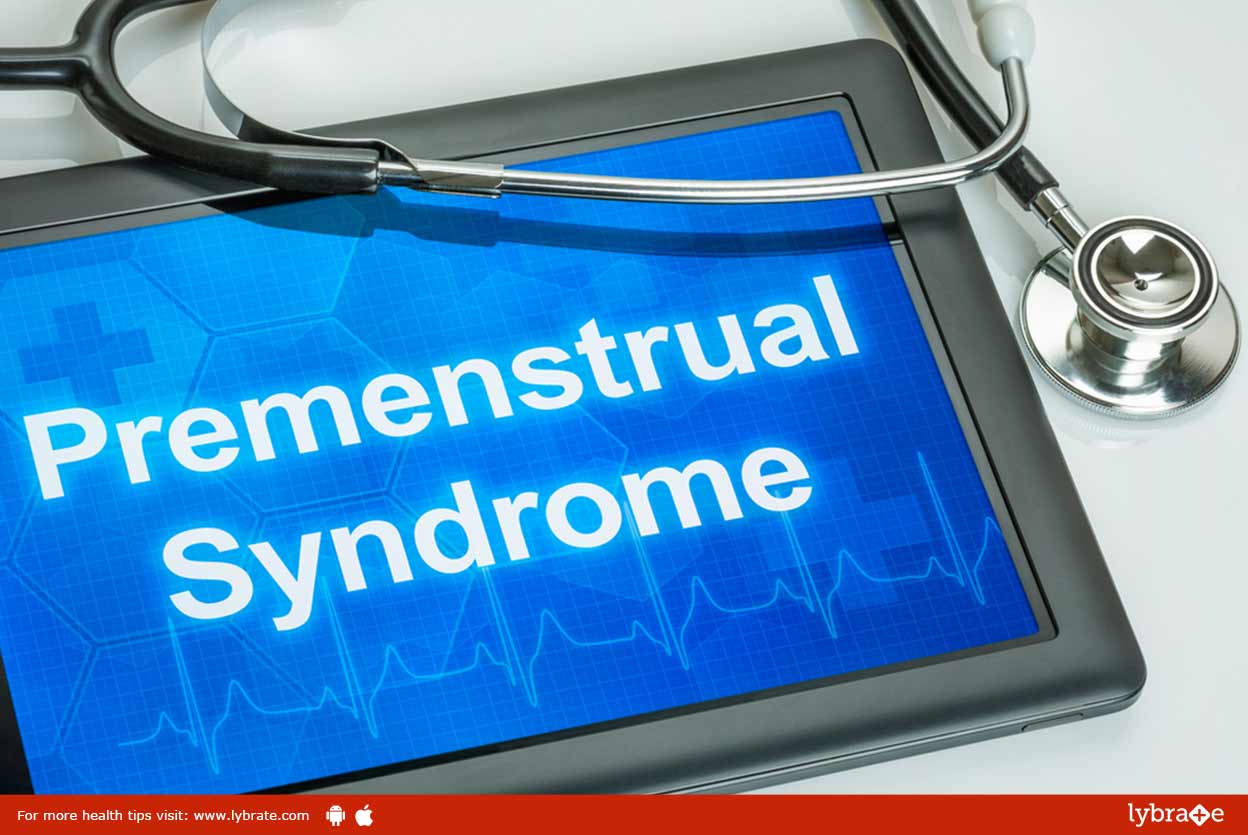By Motherhood , Gynaecology
Are you experiencing some unusual symptoms before the beginning of your monthly menstrual periods? Are you gaining weight or feel bloated? These are common symptoms of a medical condition known as PMS or premenstrual syndrome, which may affect women of childbearing age. A variety of symptoms, both physical and psychological, are experienced.
Causes
Although the exact cause of PMS is yet to be known, several causes such as fluctuation of hormone levels, especially estrogen and progesterone, may lead to this condition.
Symptoms
The symptoms of PMS along with the severity usually vary from woman to woman. The common symptoms are as follows:
• Tenderness in the breasts
• Gaining weight
• Aggression
• Problems with concentration
• Headaches and backaches
• Increased craving for food
• Tiredness and fatigue
• Anxiety and irritability
• Depression and fluctuating mood
Diagnosis
Several methods can be undertaken for the diagnosis of PMS. They include the following:
• Thyroid tests can be undertaken to check if the symptoms experienced are associated with hormonal imbalance.
• You should maintain a diary of your PMS symptoms for several months and note down the times and intensity of occurrence. Recognising the pattern of PMS symptoms will enable better diagnosis.
Treatment
The treatment for PMS aims at giving relief to the symptoms. The various treatment measures include the following:
• You have to follow a healthy and balanced diet. You have to make certain dietary changes such as reducing your consumption of caffeine, sugar and salt. You should take nutritional supplements such as vitamin B6, vitamin E, calcium and magnesium. Your diet should consist of complex carbohydrates in large amounts.
• Regular exercise is essential for improving your overall health and coping with the PMS symptoms. You should practice aerobic exercises such as walking.
• Certain-over-the counter nonsteroidal anti-inflammatory drug (NSAIDs) or are prescribed for giving relief to PMS symptoms such as headaches, cramps, breast tenderness and backaches. For cases of depression and chronic anxiety in the patient, antidepressant medicines may be prescribed. Oral contraceptives are used in some cases of PMS as well.
• You must educate yourself properly on PMS, its different symptoms, hazards and treatment procedures. This will enable you to relate how you feel with the symptoms, and you can act upon this knowledge. You must learn how to cope with the problems and sometimes counselling can be undertaken.
You must contact a doctor and fix an appointment when you experience the slightest symptoms of PMS. This will enable you to have a proper diagnosis and treatment before the condition worsens.








































